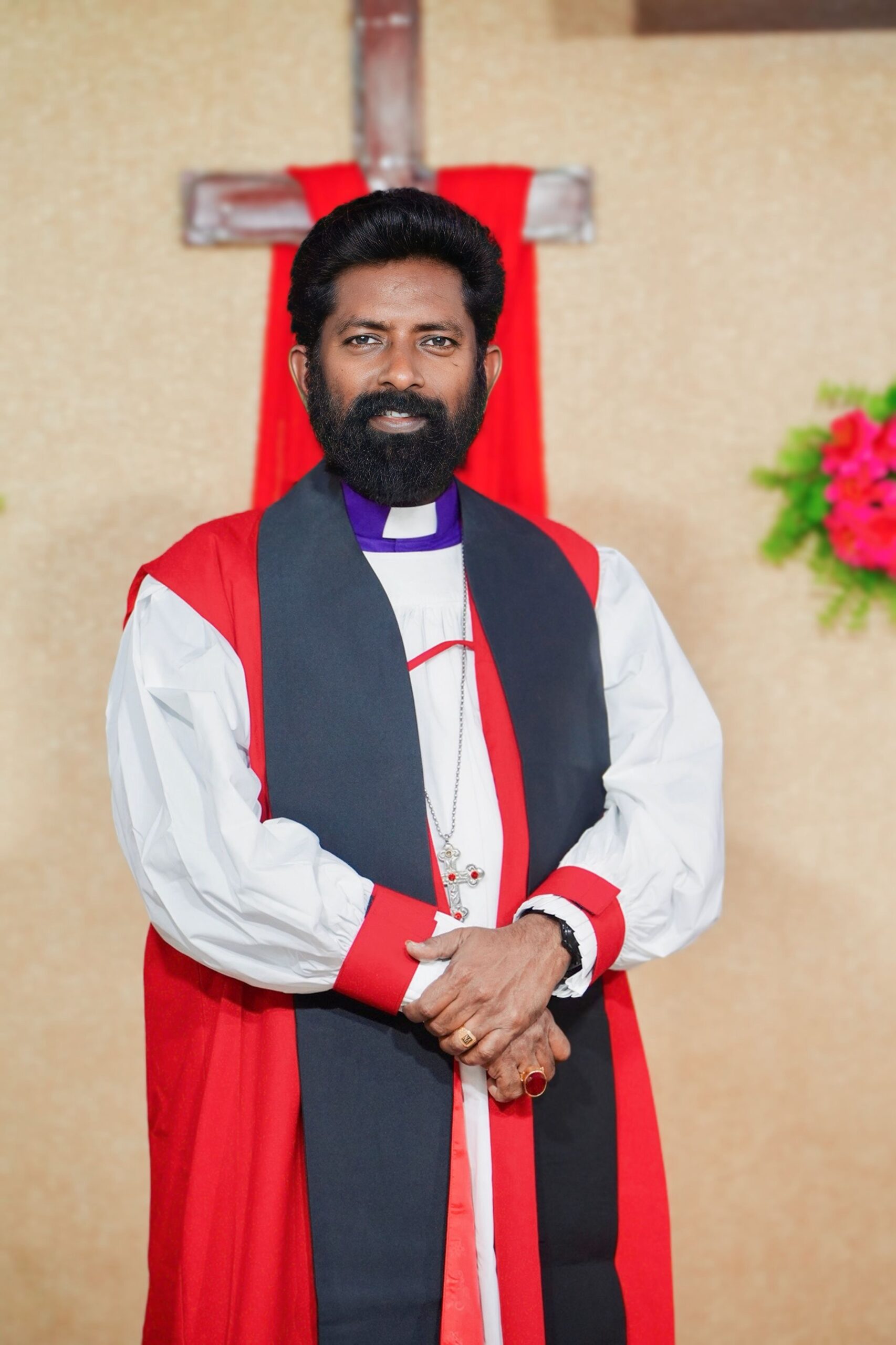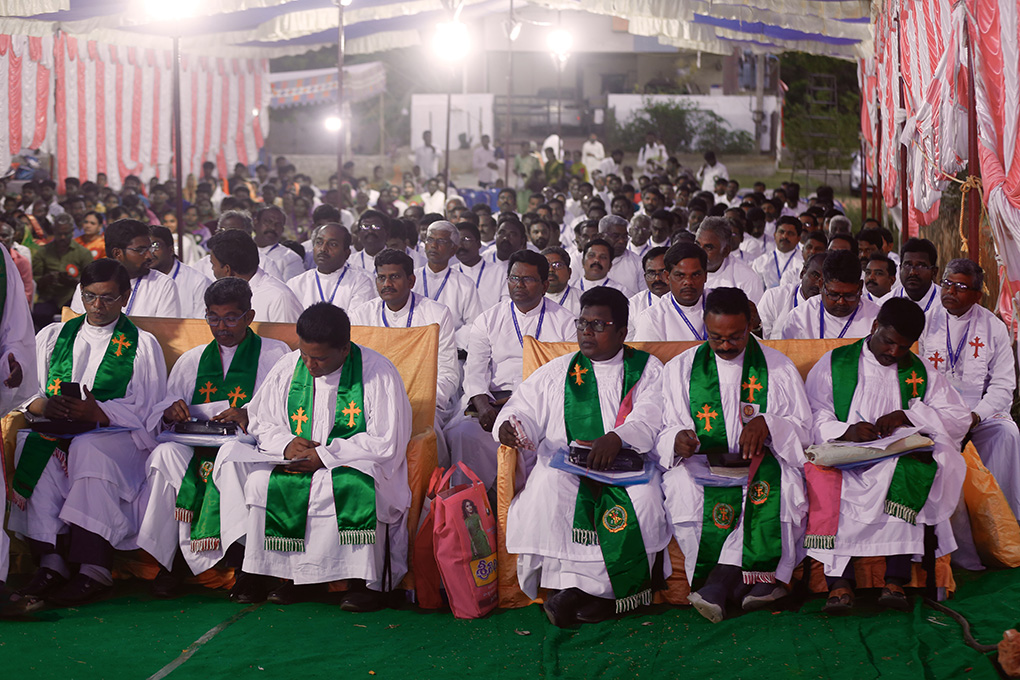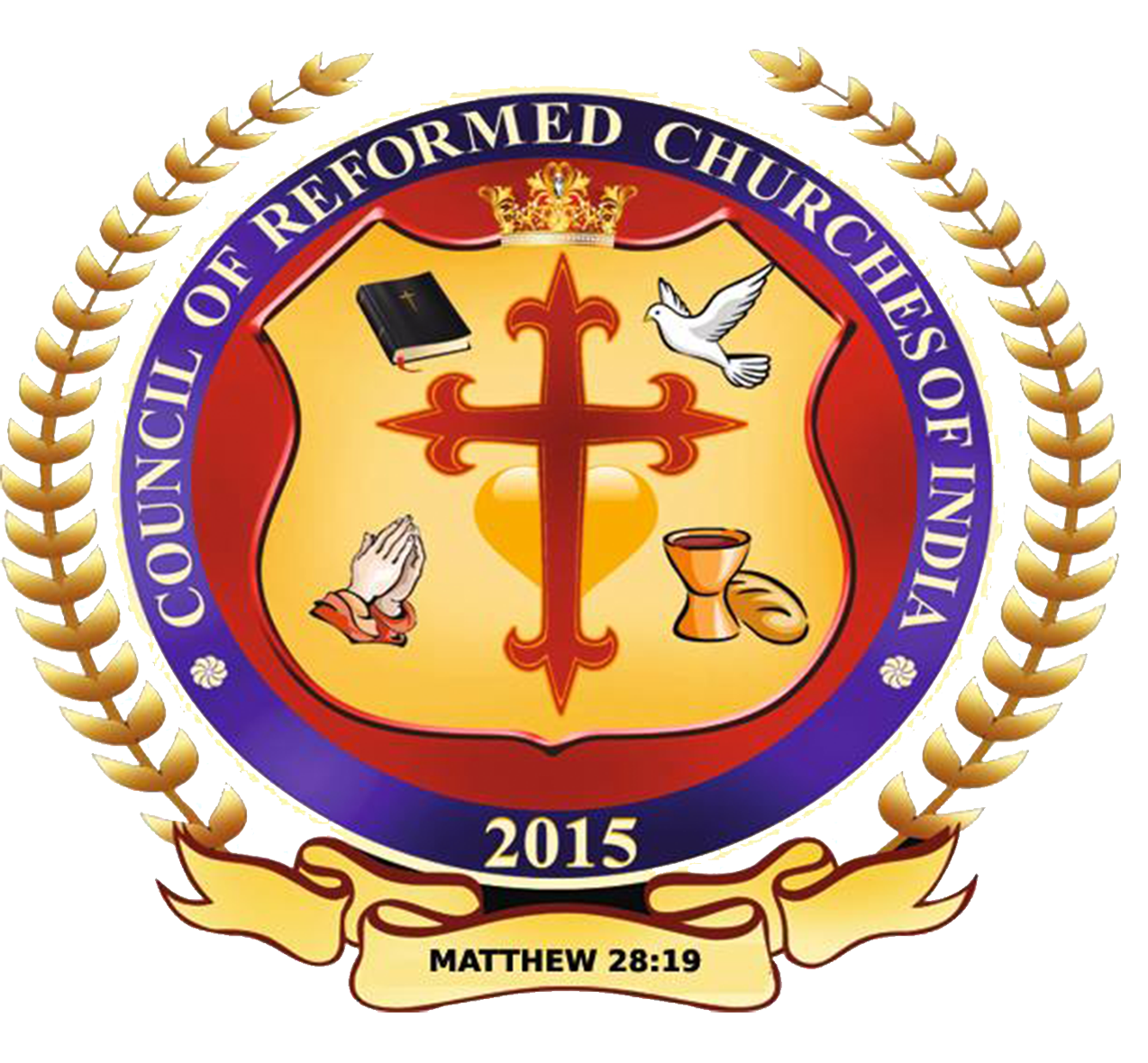
Biblical Worship
Reformed Movement








Message from our Metropolitan
The Council of Reformed Churches of India (CRCI) is a communion of churches committed to the historic Christian faith—Reformed in teaching, Presbyterian in mission, and Anglican in structure.
In an age when many churches seek clarity, accountability, and rootedness, CRCI exists to restore and renew the Church in India by connecting independent congregations to the rich legacy of the Anglican tradition and the theological depth of the Reformed faith. Our goal is to uphold the authority of Scripture, cultivate sound doctrine, and maintain apostolic continuity.
We joyfully affirm the Thirty-Nine Articles of Religion, the Book of Common Prayer, and the historic ecumenical creeds—the Apostles’, Nicene, and Athanasian Creeds—as the foundation for our faith, worship, and governance. These timeless truths guide our spiritual life and define our ecclesial structure.
CRCI functions with a Presbyterian model for mission, emphasizing shared leadership, collaborative outreach, and the empowerment of elders to shepherd churches and plant new ones across India. At the same time, we preserve the Anglican polity, grounded in historic episcopacy and sacramental worship, offering pastoral oversight through bishops who serve as spiritual fathers and guardians of doctrine.
Whether you are a church leader seeking fellowship, a ministry looking for accountability, or a believer longing for doctrinal depth and liturgical richness, CRCI provides a biblical and historic pathway forward.
We invite you to join us in this movement of reformation, unity, and gospel-centered mission—rooted in Scripture, led by the Spirit, and shaped by the wisdom of the Church through the ages.
How Can We Join ?
How can I join in CRCI
"Join the Global Church Community Today!"
Join us and become a member of the CRCI to access a wide range of benefits and opportunities.
To become a member of CRCI, applicants are required to submit an application to the Synod Office along with an application fee and all necessary documents. Upon receipt of the application, the Diocese Bishop and Presbytery will conduct a personal interview. If the application is accepted, the applicant will be enrolled in 14 training courses with CRCI. Successful completion of the training is a prerequisite for ordination into CRCI. Prior to ordination, an inquiry team will assess the applicant's church and family life. The local Presbytery and Diocese Bishop's recommendation is necessary for the ordination ceremony to take place.
What are the Cources ?
Before joining CRCI as a member, applicants are required to complete a series of engaging courses, which usually takes 8-12 months to study.
- Bible Survey
- Biblical Theology
- Biblical Interpretation
- Biblical Preaching
- Doctrine of God
- Doctrine of Christ
- Doctrine of Holy Spirit
- Doctrine of Grace
- Worship and Sacraments
- Church History
- Church Planting
- Evangelism
- Pauline Letter
- Romans
After training ends, what comes next?
After completing your training, a special inquiry team, including the Synod Bishop, Diocese Bishop, and Presbytery members, will personally visit your churches to witness and support your ministry and family. They may ask about your life and character, as we are committed to upholding the values outlined in 1 Timothy 3.
Why consider joining CRCI?
Joining CRCI opens the door to a worldwide community of churches, with the chance to connect with like-minded individuals around the globe. As a member, you'll have the exciting opportunity to represent your church and have a voice in decision-making at the annual Presbytery and General Assembly meetings.
If your church needs assistance with construction, CRCI can provide financial support. Not to mention, CRCI is a recognized church under the Constitution and the Christian Marriage Acts of 1872, giving it the legal status as a recognized Church.
For churches facing financial struggles in supporting their pastors, CRCI is there to offer assistance.
Being a part of CRCI also means eligible pastors receive insurance coverage and a pension plan after 68 years.








